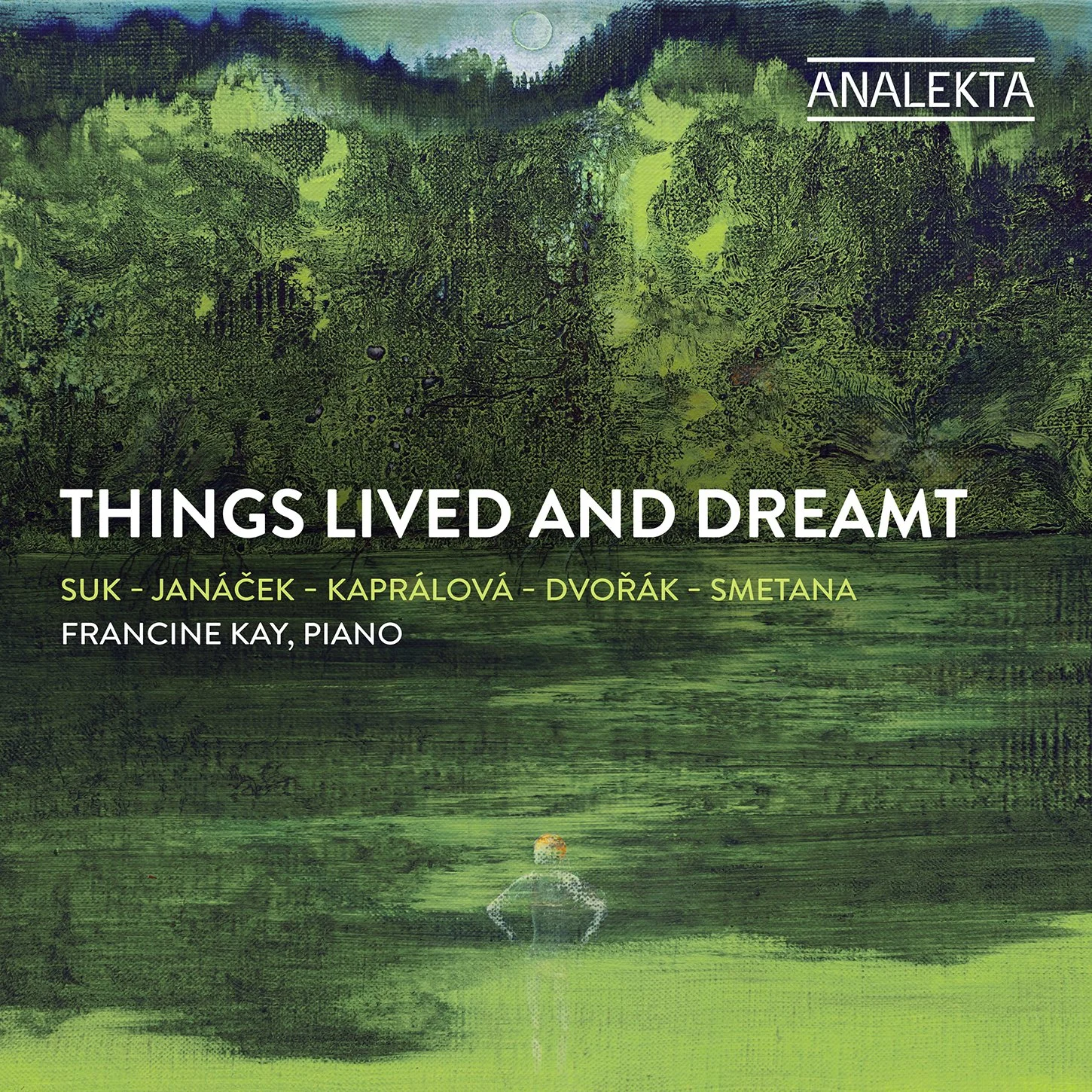Soprano Molly Fillmore releases new collection of songs by
Juliana Hall on Blue Griffin Recording
Settings of texts by Edna St. Vincent Millay, Emily Dickinson, Carl Sandburg
Includes world premiere recording of "Cameos" – six songs on poetry by Fillmore herself, each inspired by a woman artist
“a remarkably clear and dynamic soprano” – The Baltimore Sun
Soprano Molly Fillmore brings the words of Edna St. Vincent Millay, Emily Dickinson, Carl Sandburg and others to life on Bold Beauty, a new recording of vocal works by Juliana Hall (Blue Griffin Recording, BGR559, released September 24, 2021). Joined by pianist Elvia Puccinelli, Ms. Fillmore gives luscious performances of "Letters from Edna," "Symbols of Velvet, Sentences of Plush" (on letters from Emily Dickinson), and "Theme in Yellow" (with texts by Amy Lowell, Edna St. Vincent Millay, and Carl Sandburg).
Fillmore commissioned composer Juliana Hall to write the music to Fillmore’s own poems, Cameo, and the world premiere recording is included on this album. Inspired by Francis Poulenc's Le travail du peintre and an episode of PBS' Antiques Roadshow, Ms. Fillmore’s mission is to draw attention to the works of six female American painters (Sarah Albritton, Kay WalkingStick, Nellie Mae Rowe, Alice Dalton Brown, Agnes Pelton, and Corita Kent) from the last century. She says, “They challenged prescribed roles and expectations - they needed to be bold.”
Contact ClassicalCommunications@gmail.com to request a physical CD or digital copy of this recording.
"Juliana Hall has set herself apart as a composer devoted to the art song.. [and she gives] fresh life to the concept of the American art song" – Fanfare
"Bold Beauty"
Songs by Juliana Hall
Molly Fillmore, soprano
Elvia Puccinelli, piano
Blue Griffin Recording (BGR559)
Release date: September 24, 2021
Read/download liner notes
View Molly Fillmore's Digital Press Kit
Request a copy of this CD
TRACKS
LETTERS FROM EDNA (1993)
8 songs for Mezzo Soprano and Piano, on letters of Edna St. Vincent Millay
[01] To Mr. Ficke and Mr. Bynner 4:46
[02] To Arthur Davison Ficke (1913) 2:54
[03] To Anne Gardner Lync 3:10
[04] To Harriet Monroe 1:29
[05] To Norma Millay 0:51
[06] To Arthur Davison Ficke (1943) 2:10
[07] To Arthur Davison Ficke (1930) 0:41
[08] To Mother 3:40
SYLLABLES OF VELVET, SENTENCES OF PLUSH (1989)
7 songs for Soprano and Piano, on letters of Emily Dickinson
[09] To Eudocia C. Flynt 1:23
[10] To T.W. Higginson 3:22
[11] To Emily Fowler (Ford) 2:04
[12] To Samuel Bowles the younger 1:52
[13] To Eugenia Hall 0:46
[14] To Susan Gilbert (Dickinson) I 2:25
[15] To Susan Gilbert (Dickinson) II 1:38
THEME IN YELLOW (1990)
6 Songs for Mezzo Soprano and Piano, on poems by Amy Lowell, Edna St. Vincent Millay, and Carl Sandburg
[16] Song 1:55
[17] Ripe Corn 1:26
[18] November 1:56
[19] Theme in Yellow 1:34
[20] Splinter 1:10
[21] Haze Gold 2:02
CAMEOS (2018)
6 Songs for Mezzo Soprano and Piano, on poems by Molly Fillmore
[22] Sarah Albritton 2:35
[23] Kay WalkingStick 3:10
[24] Nellie Mae Rowe 2:06
[25] Alice Dalton Brown 2:06
[26] Agnes Pelton 3:58
[27] Corita Kent 3:09
About the Artists
Molly Fillmore, Professor of Voice at the University of North Texas and Chair of the Division of Vocal Studies, made her Metropolitan Opera debut in their newest Ring Cycle, and also appeared at the Met in a principal role in Satyagraha. Other engagements include San Francisco Opera, Seattle Opera, Washington National Opera, the Spoleto Festival, and twenty-five roles with Cologne Opera. She was a soloist with the Boston Symphony, Seattle Symphony, Detroit Symphony, at Carnegie Hall, Avery Fisher Hall, and the Kennedy Center.
Dr. Elvia Puccinelli is active as a pianist and coach throughout the country. She is a is an accomplished organist, harpsichordist, and choral conductor. She currently teaches at the University of Southern California and is on the coaching staffs of the University of California, Irvine and the Opera Works Summer Intensive Program.
American art song specialist Juliana Hall has composed some 60 song cycles, monodramas, and works of vocal chamber music described as “brilliant” (Washington Post), “beguiling” (Times of London), and “the most genuinely moving music of the afternoon” (Boston Globe) for renowned singers Brian Asawa, Stephanie Blythe, Molly Fillmore, Anthony Dean Griffey, Zachary James, David Malis, Randall Scarlata, Dawn Upshaw, and Kitty Whately. Hall’s music has been presented at Carnegie Hall, the Library of Congress, St. Paul’s Cathedral, and Wigmore Hall.














